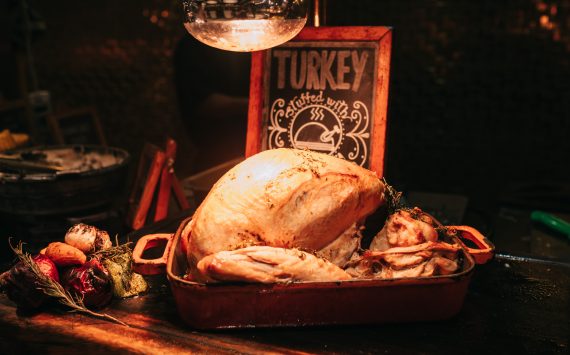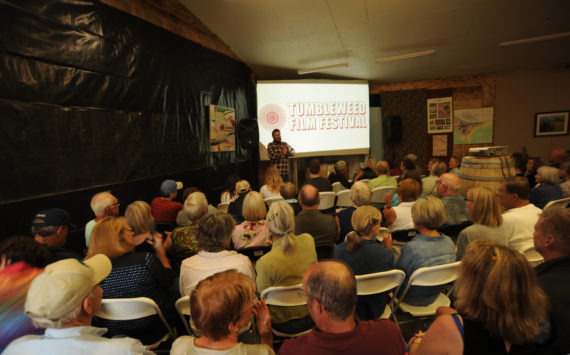Writer’snote: Veterans, the novel referenced above is
Yet, compared to some of my fellowsoldiers especially infantrymen – “Grunts” with a capital G – I had an easywar. Moreover, I had only one tour at war, as opposed to the two to eight thatare common for modern American vets.
More Stories From This Author
Commissioner DeTro getting called out over Facebook post
Working for a newspaper, we’re among the first to defend people’s right to freedom of expression. However, that right certainly…
By
Gary DeVon • June 4, 2020 1:30 am
A chance to share Thanksgiving
Each year we are asked to share what we are grateful for as we sit down to Thanksgiving dinner with…
By
Gary DeVon • November 21, 2017 12:58 pm
Another great Tumbleweed
If you missed last weekend’s Tumbleweed Film Festival you missed a good one. That’s not to say they all haven’t…
By
Gary DeVon • August 24, 2017 2:19 pm



